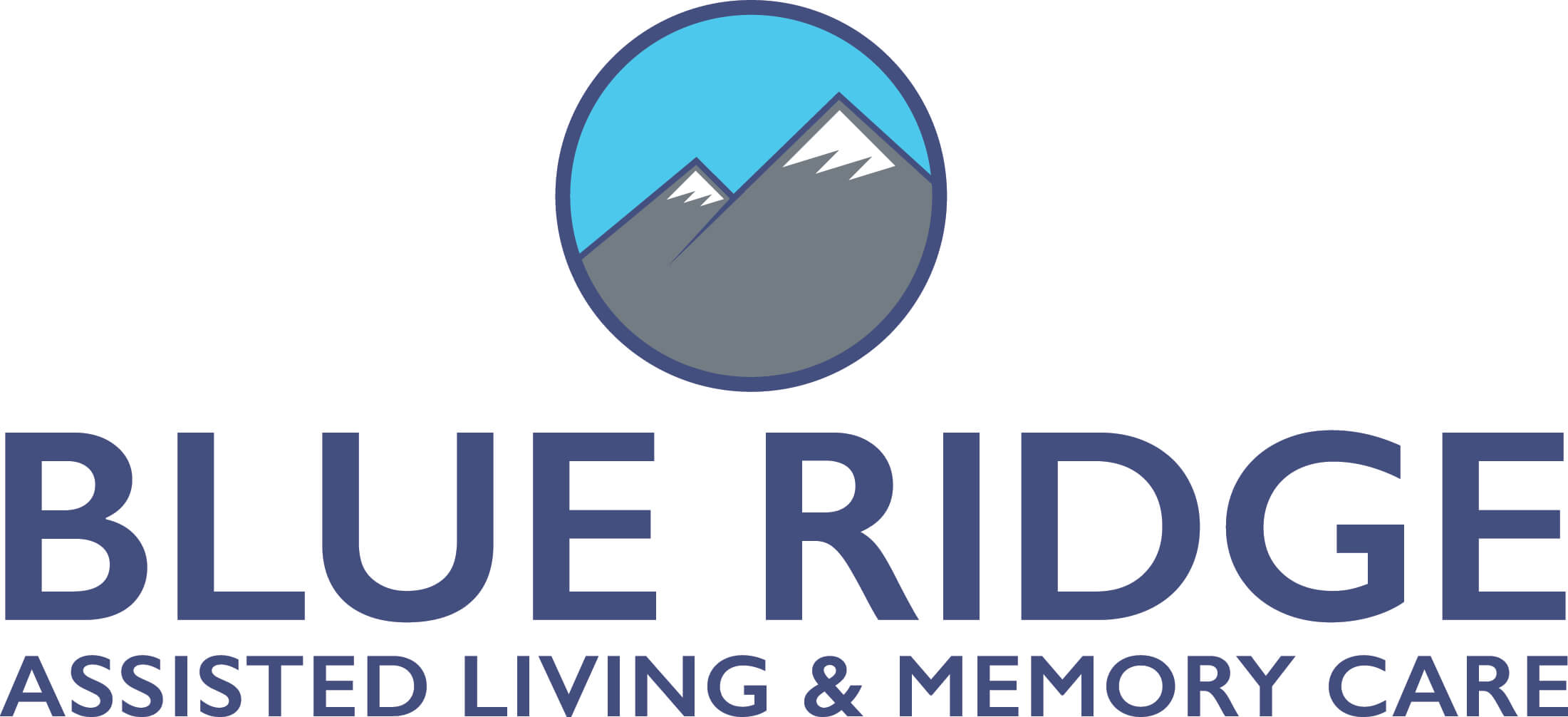Aging adults with hearing loss has increased over the years; therefore, there is a need for assisted living communities focusing on hearing-impaired aging adults. This condition needs proper and efficient care to help aging adults live comfortably. In addition, it will help prevent them from developing other health issues.
According to Johns Hopkins Medicine, age-related hearing impairment can affect physical and mental health. Mentally, aging adults can start developing health complications such as depression, increased falls, and dementia risks. These are some ways assisted living in Blue Ridge, GA, can help seniors with hearing impairment:
Friendly Environment
Hearing-impaired aging adults have a higher risk of developing dementia. According to Hopkins Medicine, a mild hearing impairment can increase the risk of dementia in aging adults. A moderate hearing impairment will increase the risk three times. At the same time, a severe hearing impairment imposes a higher risk of developing dementia and other cognitive issues.
This is because hearing impairment isolates an aging adult leading to cognitive complications like anxiety, depression, and dementia. However, assisted living communities can reduce the risk of these complications by offering a friendly environment with engaging activities and trained team members.
Medical Interpreters
Irrespective of the situation, it is always hard to communicate with a hearing-impaired aging adult. This becomes more difficult when trying to communicate information regarding diagnosis and treatment plans. However, assisted living communities employ medical interpreters as part of their team members. Medical interpreters will communicate this information in a way that aging adults can understand. The method of communication can include gestures, sign language, written content, and other required means.
Technological Equipment
The advent of modern technology has made available different tools to help aging adults with impaired hearing communicate. One of the devices is the TTY/TDD communication equipment that enables aging adults to participate in phone and video calls. These devices will help them communicates with others even with their hearing challenges.
Many of these communities have devices to help your loved one communicate effectively. In addition, their suites are properly wired to enable this equipment with other assistive listening devices that can help them communicate with team members.
Assistive Listening Equipment
In addition to the assistive listening equipment in these communities, the suites also feature light-up emergency alarms and doorbells. Some equipment is attached to the bed and will vibrate to notify your loved one of anything. This is in addition to the high-powered strobe light that will be activated in case of emergencies.
These devices will make your loved ones live comfortably, and you will also be assured that they are safe in case of any emergencies.
Scheduled Events and Activities
It is always difficult for aging adults with hearing impairment to participate in activities and attend events they have always loved. Assisted living communities understand this, therefore, introduce residents to other activities and events to keep them engaged. These activities can include:
- Painting and sculpting
- Captioned movies
- Sewing
- Physical movements like exercises and dancing are led by a team member







